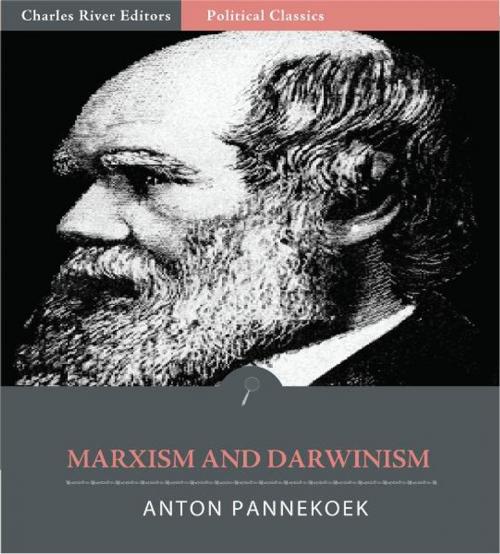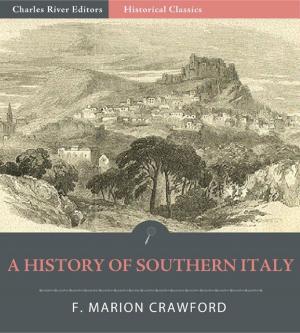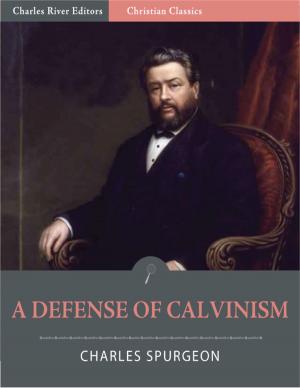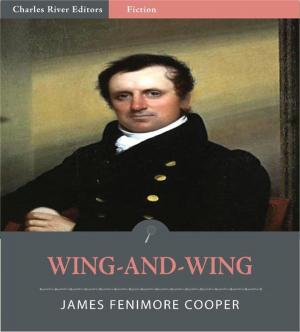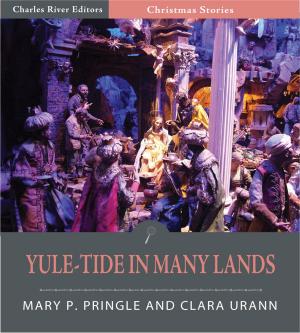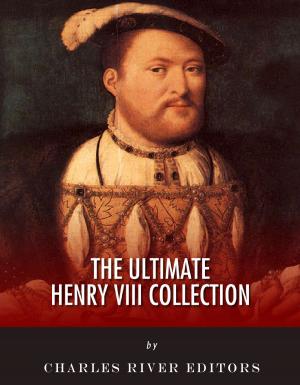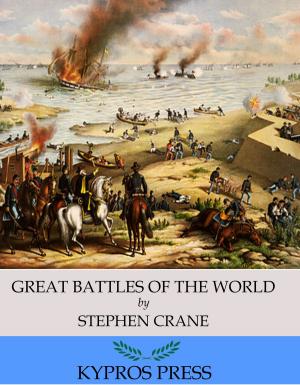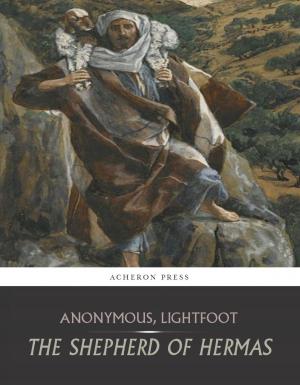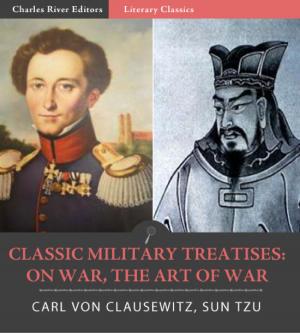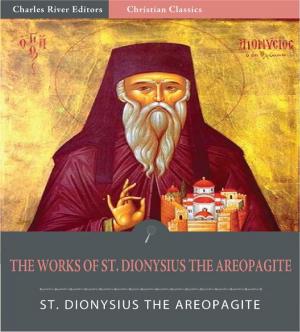Marxism and Darwinism
Nonfiction, Social & Cultural Studies, Political Science, Government, Communism & Socialism, Politics, History & Theory| Author: | Anton Pannekoek | ISBN: | 9781619825079 |
| Publisher: | Charles River Editors | Publication: | February 15, 2012 |
| Imprint: | Language: | English |
| Author: | Anton Pannekoek |
| ISBN: | 9781619825079 |
| Publisher: | Charles River Editors |
| Publication: | February 15, 2012 |
| Imprint: | |
| Language: | English |
Antonie (Anton) Pannekoek (2 January 1873, Vaassen, Gelderland28 April 1960, Wageningen) was a Dutch astronomer and Marxist theorist. He was one of the main theorists of council communism. In a pamphlet still quoted by present-day Marxists and social activists, Pannekoek strongly attacked and rebutted the arguments of social Darwinists such as Herbert Spencer, whom Pannekoek dubbed "Proletariat Darwinists". On the basis of Darwin's own writings - in particular on "The Descent of Man" (1871) - Pannekoek stated: [The Bourgeois Darwinists] claimed that only the extermination of all the weak is in accordance with nature and that it is necessary to prevent the deterioration of the race, while protection of the weak is unnatural and leads to degeneration. But what do we see? In nature itself, in the animal world, we find that the weak are protected, that they don't need to persist by their individual strength, and that they are not exterminated due to their individual weakness. And this arrangement does not weaken a group in which it is the rule, but strengthens it. The animal groups in which mutual aid is best developed maintain themselves best in the struggle for existence. This edition of Pannekoeks essay is specially formatted with a Table of Contents.
Antonie (Anton) Pannekoek (2 January 1873, Vaassen, Gelderland28 April 1960, Wageningen) was a Dutch astronomer and Marxist theorist. He was one of the main theorists of council communism. In a pamphlet still quoted by present-day Marxists and social activists, Pannekoek strongly attacked and rebutted the arguments of social Darwinists such as Herbert Spencer, whom Pannekoek dubbed "Proletariat Darwinists". On the basis of Darwin's own writings - in particular on "The Descent of Man" (1871) - Pannekoek stated: [The Bourgeois Darwinists] claimed that only the extermination of all the weak is in accordance with nature and that it is necessary to prevent the deterioration of the race, while protection of the weak is unnatural and leads to degeneration. But what do we see? In nature itself, in the animal world, we find that the weak are protected, that they don't need to persist by their individual strength, and that they are not exterminated due to their individual weakness. And this arrangement does not weaken a group in which it is the rule, but strengthens it. The animal groups in which mutual aid is best developed maintain themselves best in the struggle for existence. This edition of Pannekoeks essay is specially formatted with a Table of Contents.
